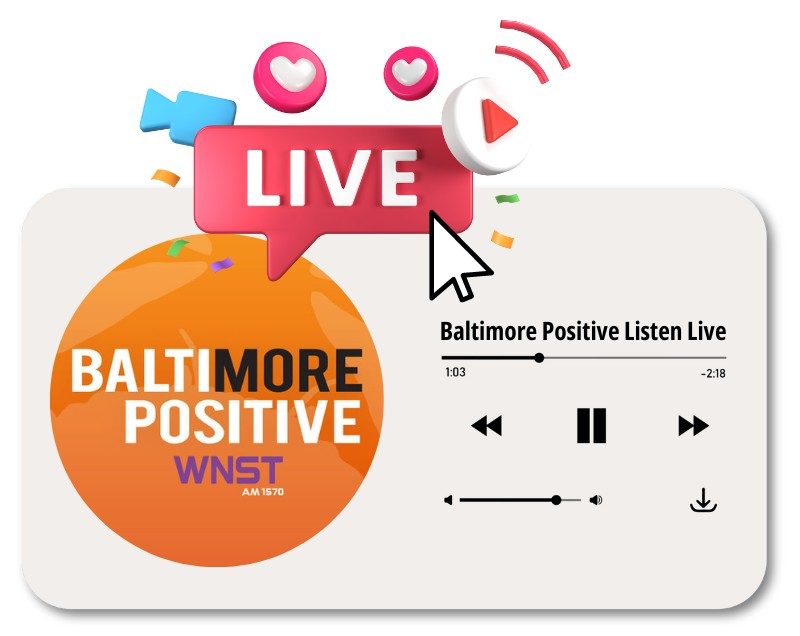When Nestor Aparicio was the music critic for The Evening Sun in Baltimore, he didn’t just talk to hairspray acts at Hammerjacks. This is a depth-packed discussion with the guy who made the 7th inning stretch at Orioles games feel like life on the farm…
John Denver discusses life, his legacy and the environment in July 1991

Baltimore Positive
Baltimore Positive is the vision and the creative extension of four decades of sharing the love of local sports for this Dundalk native and University of Baltimore grad, who began his career as a sportswriter and music critic at The News American and The Baltimore Sun in the mid 1980s. Launched radio career in December 1991 with Kenny Albert after covering the AHL Skipjacks. Bought WNST-AM 1570 in July 1998, created WNST.net in 2007 and began diversifying conversations on radio, podcast and social media as Baltimore Positive in 2016. nes@baltimorepositive.com
Podcast Audio Vault

Share the Post:
Right Now in Baltimore
Day 5 Maryland Oyster Tour: Enjoying a rich bowl of oyster stew at Ryleigh's Oyster in Timonium
When is the last time you ordered oyster stew – or even found it on a menu? It's that time of the year. On Day 5 of the Maryland Oyster Tour, Nestor got happy during a Happy Hour at Ryleigh's…
Race to another MVP and another January on for Jackson and Ravens after Monday night showcase
Lamar Jackson and the Baltimore offense left no doubt in the 41-31 win over Tampa Bay.
All of the toys of Todd Monken put to work on the field in Tampa with Lamar and King Henry
The combination attack of the Baltimore Ravens and the ability of Lamar Jackson to command the offense of Todd Monken has been on display all season but Monday night's effort in Tampa was balanced and lethal. Luke Jones and Nestor…






























